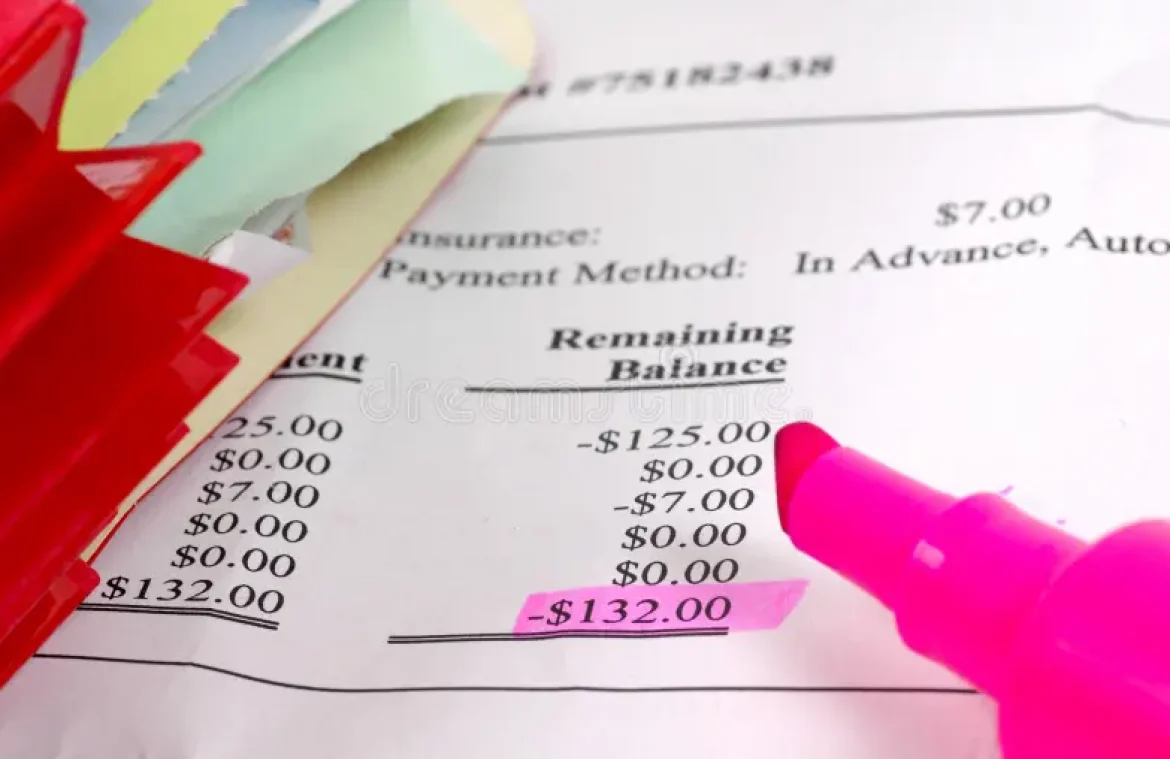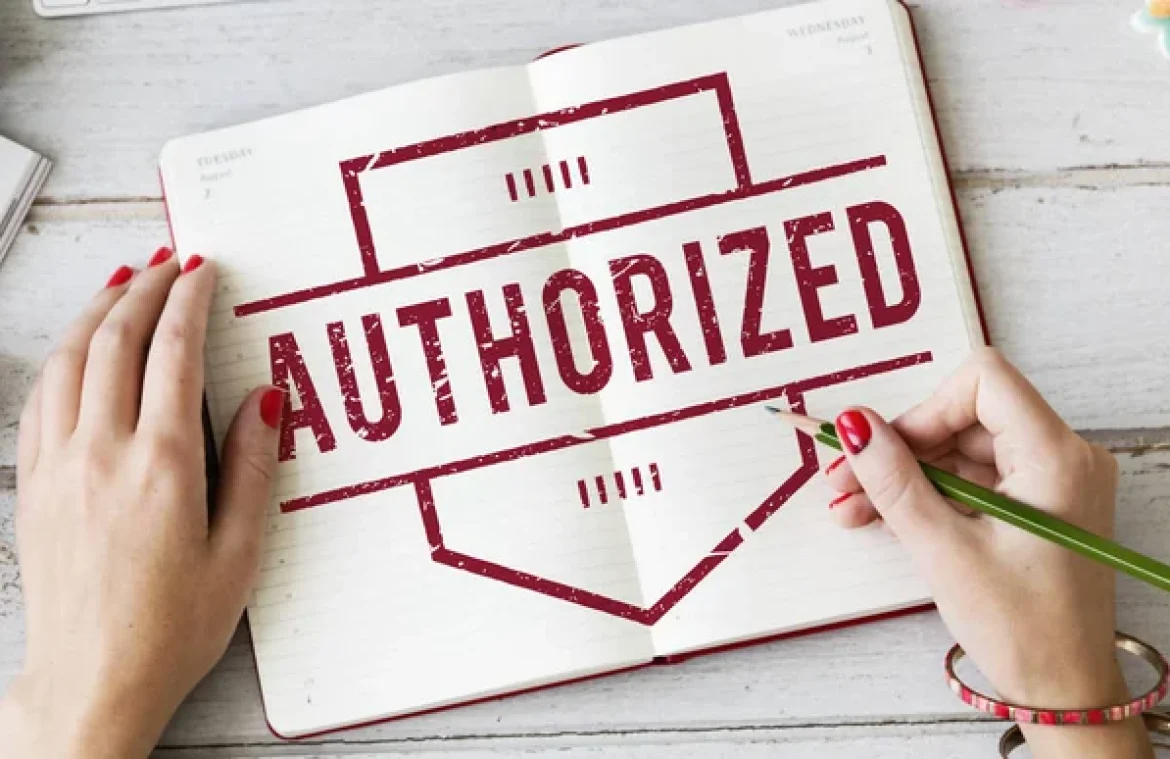Credit Balances
Managing credit balances, where providers receive more money than billed, is critical. Identifying overpayments and promptly refunding them is essential
Patient Statements and Follow-Ups
The final phase involves patient collections, including follow-ups on delinquent accounts through statements, communication, and offering convenient payment options. Payments
What to do if PA is denied?
Patients can appeal denied claims by contacting the insurance company, fixing errors, providing additional information, and working with the physician
Duration of prior authorization
The PA process can be time-consuming, with physicians spending hours on it. Responses from insurers can take up to several
Common reasons for PA denial
Denials may occur due to insufficient time for processing, billing errors, outdated information, lack of medical necessity, inadequate evidence, wrong
Steps in the pharmacy prior authorization process
Physician prescribes a drug. Pharmacy notifies the physician if PA is required. Patient can wait for insurance approval or pay
What types of drugs require PA?
Drugs subject to PA include brand name medicines with generic alternatives, expensive drugs, drugs for non-life-threatening conditions, and those not
Why do health insurance companies require pharmacy prior authorization?
Health insurance companies use PA to ensure that prescribed drugs are medically necessary and cost-effective. It helps minimize costs by
What is pharmacy prior authorization?
Prior authorization (PA) is a requirement for healthcare providers to obtain approval from a health plan before delivering specific services,



















